
Student media at Marquette will undergo a restructuring for the 2013-14 academic year meant to spark increased digital-first content and collaboration between its six branches – while also facing a potential 5 percent budget cut, members of the Board of Student Media said Wednesday.
Student media consists of The Marquette Tribune, The Marquette Journal, Marquette Radio, Marquette Television, Student Media Interactive and Student Media Advertising. Next year, SMI will be replaced with the “NewsCenter,” a group of executive editors and a general pool of reporters that will replace existing reporter positions on the Tribune.
The budgetary reduction could be more than the expected 5 percent decrease of the budget, which totals roughly $374,000, according to Kimberly Zawada, the student media business manager and advertising adviser and a member of the board. The Office of Finance will make the final decision in June, Zawada said.
According to Zawada, the board hopes the reduction will not affect student salaries, which are allocated $260,000 of the budgetary expenses. Student media currently employees 103 students. Cuts will impact student media’s operational costs, the largest of which is the cost of printing the Tribune.
Zawada said a Tribune readership audit conducted last week revealed that 3,581 of the 7,000 printed papers were not picked up on campus for a particular issue. Readership audits are conducted twice each year and have been on a downward trend in recent years, she said.
“At the same time, (the Tribune) is getting more hits than ever on the web,” Zawada said. She said increased online content will also open up new revenue streams for the advertising department.
In part, the expected budgetary reduction is connected to the structural changes that will occur next year, said Greg Borowski, a student media board member and an editor for the Milwaukee Journal Sentinel. At the same time, Borowski said, the changes are a reaction to the changing requirements to be a professional journalist.
“One content is not the model out there anymore,” Borowski said. “(This structure) will allow students to be better prepared and practice skills they should be getting in the classroom.”
With budgetary uncertainties, some of the changes that will be made to student media have yet to be finalized, said Erin Caughey, next year’s NewsCenter general manager and the current director of SMI.
One certain change, however, is the creation of the executive board that Caughey will head. Caughey and three other executive editors will work with other editors and reporters across platforms to assign and produce news, sports and entertainment content on a daily basis. A new website will be created that will link to each organization’s daily content, Caughey said.
Additionally, new general reporter positions have been created that will not work exclusively for one organization but rather fill in across text, video and audio as needed. Caughey said she is hiring reporters but will not know if those will be paid positions until the budget is finalized. The number of pages per issue of the Tribune, which will still be published twice weekly, will also be determined by the final budget.
“Our goal is for student media students to get a well-rounded experience with video, audio, text and graphics,” she said.
Borowski said he has worked with a panel of current student media leaders to develop the new structure over the past year.
“The vision is to have more collaborative, digital-first content for online, mobile and print audiences,” Borowski said. “(Student media) should be an interactive experience of text, video and audio. This structure will help prepare students for the professional world.”
Borowski emphasized the importance of publishing content online soon after an event, for example, occurs, rather than waiting for the next printed Tribune or MUTV program to air.
“Everyone should be thinking ‘online-first,’” he said. “You can publish content any day, any time and at any length.”
Andrew Phillips, current editor-in-chief of the Tribune and a junior in the College of Arts & Sciences, was part of the student panel that offered input to the board about the restructuring and also included Caughey. Phillips said he was concerned the board did not take the student input seriously.
“Student input seemed to be a box they needed to check rather than something they actually considered,” Phillips said. “The restructuring model doesn’t uphold the spirit of our proposal.”
Phillips said he was specifically opposed to the idea of having a pool of general reporters and questioned whether too much pressure on producing multimedia content for learning reporters may lead to a decline in accurate, quality content.
Caughey and Borowski acknowleged that a learning curve would likely exist as the new program is implemented and that the board and leaders would work out issues as they arise.
“Change is hard,” Borowski said. “It’s been hard in our newsroom, where economic factors necessitated change, and it’ll be hard for student media, where it’s necessitated by the need to keep up.”
Still, Borowski was optimistic that students would successfully adapt to the changing mentality.
“It’s a necessary thing, and it doesn’t lessen quality,” he said. “If anything, this frees people up.”

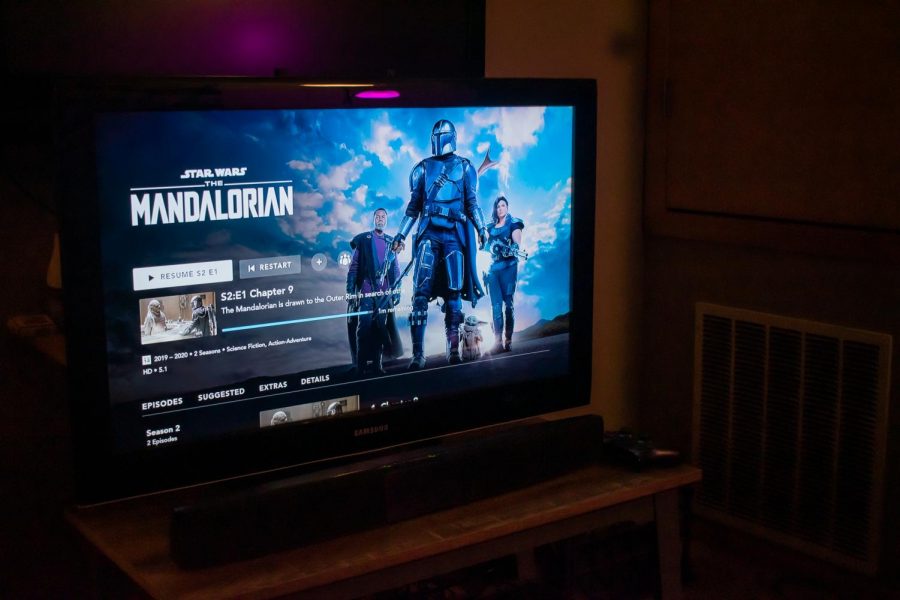
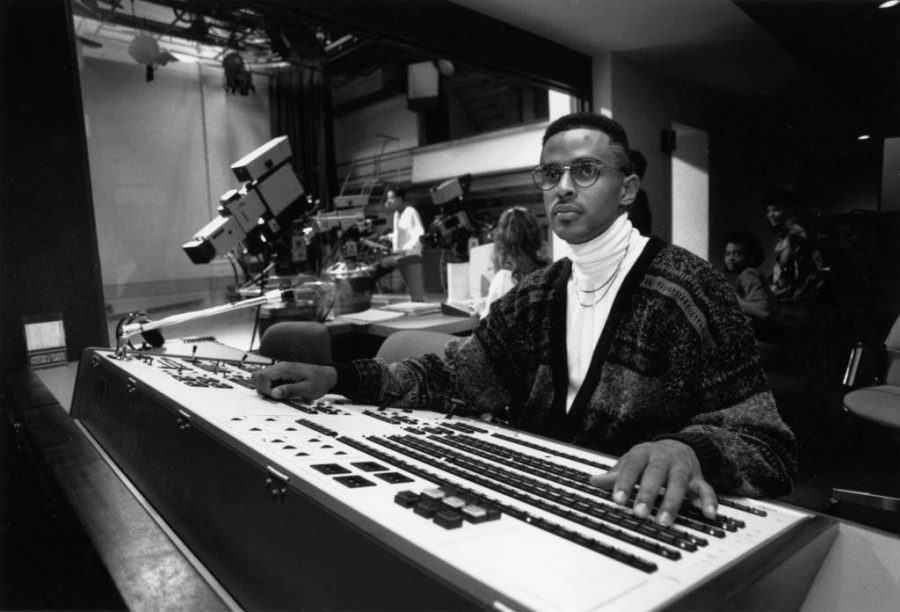
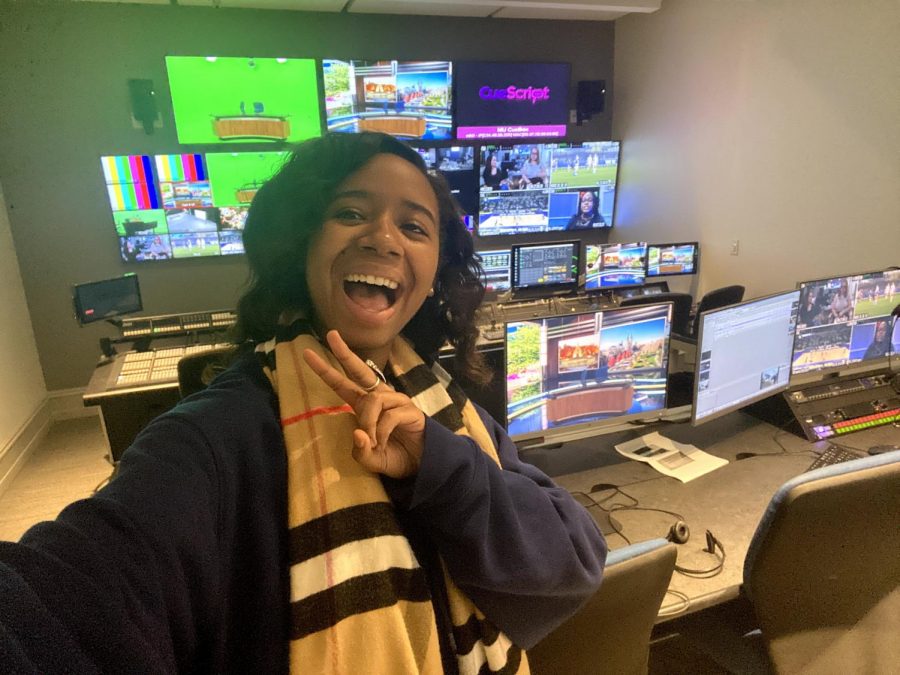

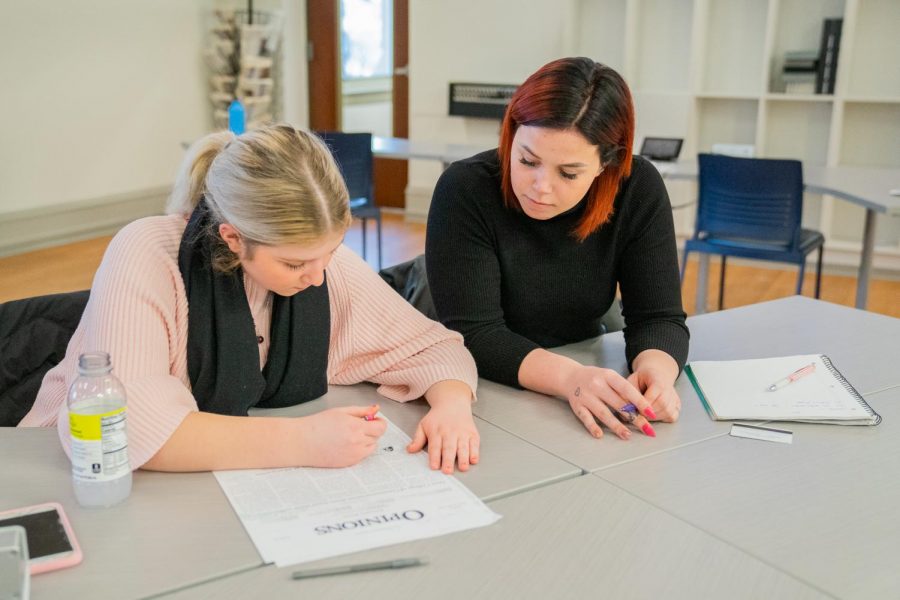
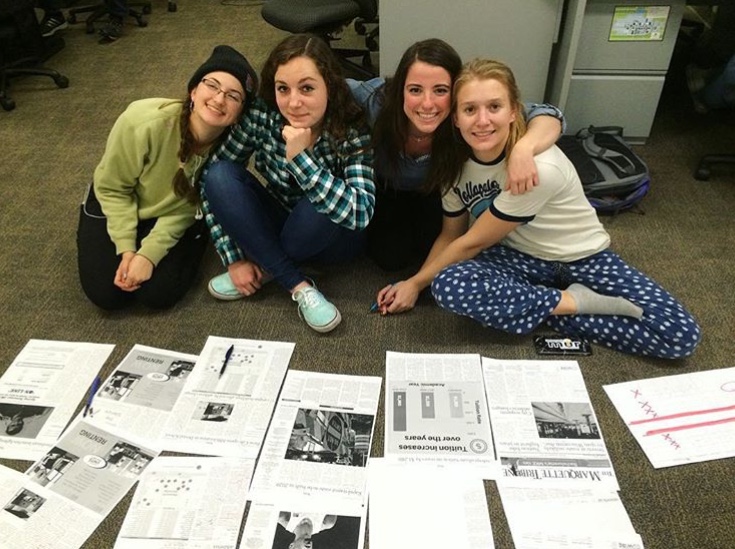

Eric • May 2, 2013 at 11:49 am
Yes, I would just like an explanation of this quote. “It’s a necessary thing, and it doesn’t lessen quality,” he said. “If anything, this frees people up.” How will overloading students with a new workload free anyone up?